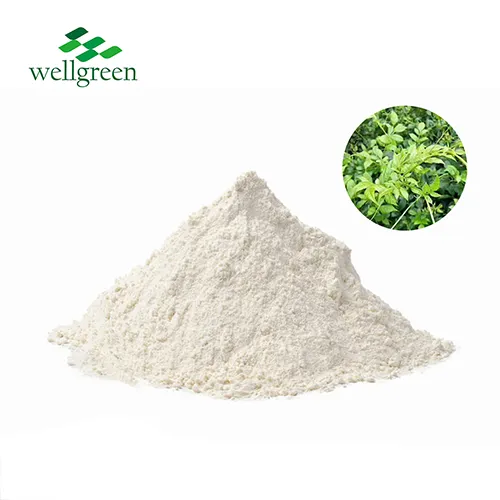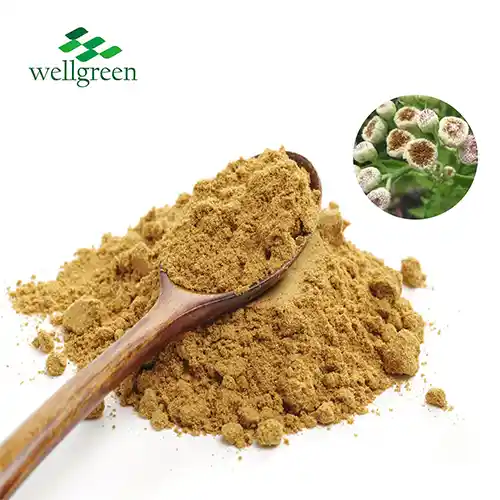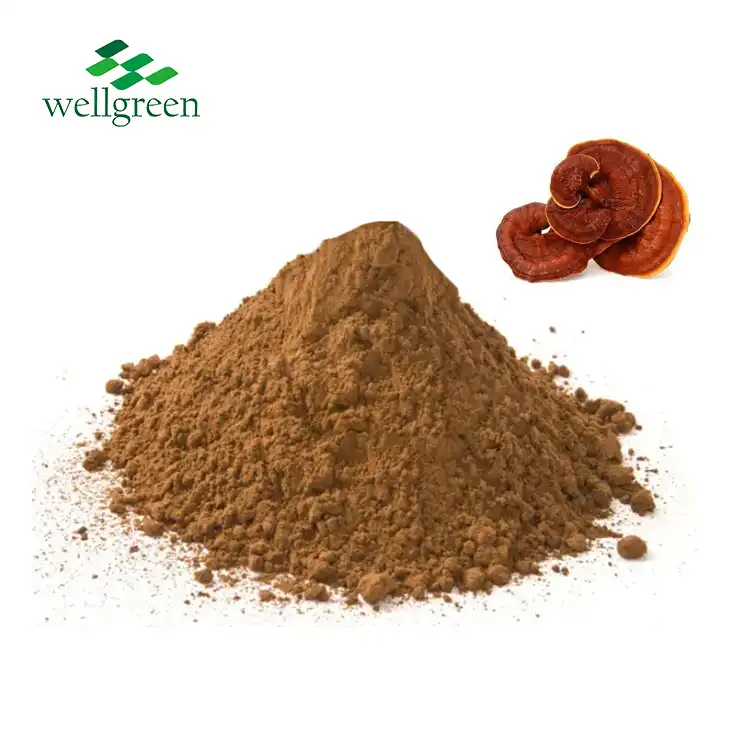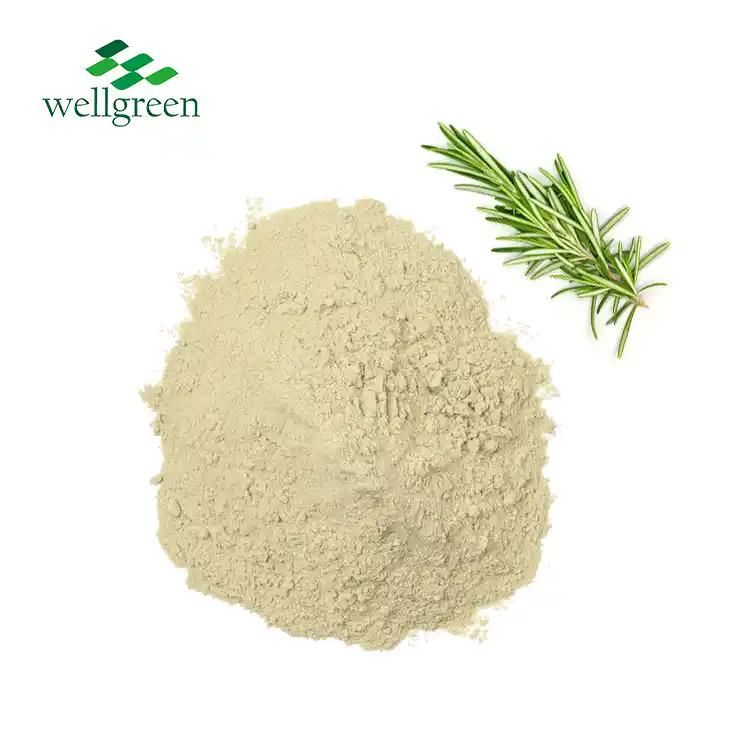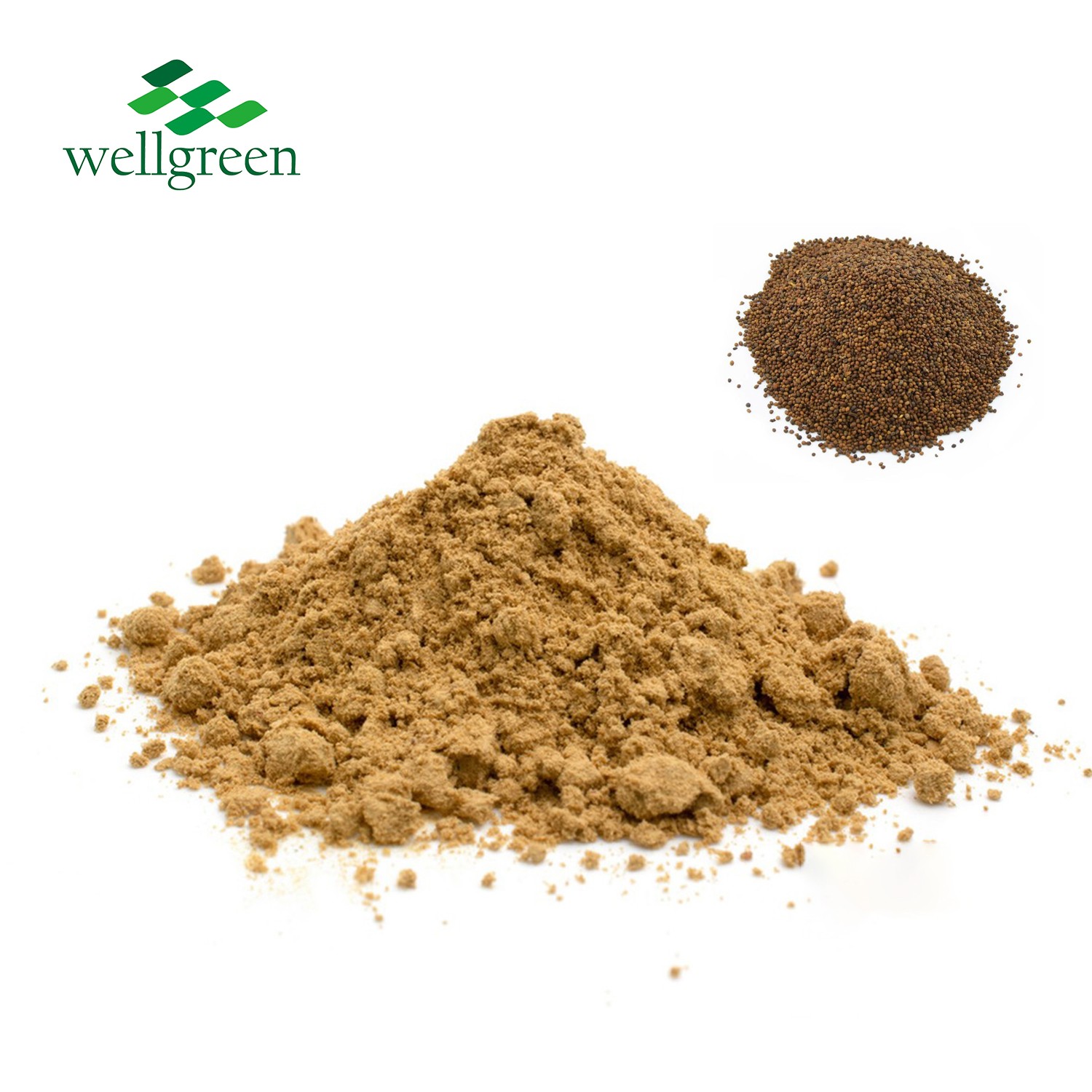Is bergamot safe for your liver?
2024-06-26 14:18:12
Introduction
 The antioxidant and anti-inflammatory properties of the citrus fruit known as bergamot extract powder, which is used to make Earl Grey tea, have attracted attention for their potential health benefits. However, in addition to these benefits, there is a growing body of knowledge regarding the effects of bergamot on liver health, which calls for careful research.
The antioxidant and anti-inflammatory properties of the citrus fruit known as bergamot extract powder, which is used to make Earl Grey tea, have attracted attention for their potential health benefits. However, in addition to these benefits, there is a growing body of knowledge regarding the effects of bergamot on liver health, which calls for careful research.
There are worries about the security of bergamot for long haul utilization since certain investigations show that it might contain intensifies that might cooperate with liver capability. Along these lines, extra exploration is expected to understand the full ramifications of these collaborations and to lay out utilization levels that find some kind of harmony between its likely advantages and dangers.
The purpose of this article is to look into the existing scientific literature to see if there is a link between bergamot and liver health. We'll take a gander at the proof for its possible advantages, such as bringing down irritation and supporting in general wellbeing, as well as the worries about what it means for liver capability. Assuming you're contemplating remembering bergamot for your eating routine or lifestyle for wellbeing reasons, realizing about this muddled relationship is significant.
The Benefits of Bergamot
Bergamot, a citrus fruit with a rich aroma profile, is a potent source of antioxidants in addition to being a delightful addition to fragrances and teas. Because it contains flavonoids and polyphenols, it is likely to help maintain liver health. These cancer-prevention agents are crucial in reducing the oxidative stress in the liver that can lead to cell damage. They might decrease irritation and safeguard the liver from various hurtful impacts that could some way or another weaken its capability by fighting free extremists.
The liver expects an essential part in the body's detoxification processes, and oxidative tension can debilitate its ability to complete these jobs effectively. The liver's detoxification efforts may be supported by cell reinforcements from bergamot extract powder, possibly lowering the risk of oxidative stress-related liver diseases.
Also, studies have shown that bergamot can bring down cholesterol, which might work on liver wellbeing. High cholesterol levels are frequently linked to a higher risk of liver disease, particularly non-alcoholic fatty liver disease (NAFLD). By helping with overseeing cholesterol levels, bergamot could add to a superior liver and as a rule prosperity.
Notwithstanding, it is crucial for remember that regardless of the way that the likely advantages of bergamot seem, by all accounts, to be promising, extra exploration is expected to completely fathom its effect on liver wellbeing and to lay out the fitting utilization levels. Control and meeting with medical care experts are prescribed to guarantee wellbeing and adequacy in any wellbeing related mediation.
Research on Bergamot and Liver Health
 Various logical examinations have investigated what bergamot means for liver wellbeing and tracked down empowering results that show it can possibly be a decent liver defender. A study published in the Journal of Dietary Organic Chemistry found that bergamot extract powder reduced inflammation and damage to the liver, particularly in mice models of non-alcoholic fatty liver disease (NAFLD). This condition is characterized by a buildup of fat in the liver. If left untreated, this can lead to inflammation and more severe liver diseases.
Various logical examinations have investigated what bergamot means for liver wellbeing and tracked down empowering results that show it can possibly be a decent liver defender. A study published in the Journal of Dietary Organic Chemistry found that bergamot extract powder reduced inflammation and damage to the liver, particularly in mice models of non-alcoholic fatty liver disease (NAFLD). This condition is characterized by a buildup of fat in the liver. If left untreated, this can lead to inflammation and more severe liver diseases.
As per the discoveries of this review, bergamot's bioactive mixtures, like flavonoids and polyphenols, may assist with decreasing the incendiary cycles related with NAFLD. Bergamot concentrate may actually slow the disease's progression and improve liver capacity by reducing irritation and improving liver cell health.
These findings are bolstered by another study that was published in Food and Chemical Toxicology and demonstrated that bergamot juice protects liver cells. The investigation showed that the juice was convincing in safeguarding liver cells from hurt provoked by harms, which can be particularly useful in our ongoing reality where receptiveness to biological toxic substances is continuously ordinary.
Together, these examinations propose that bergamot's capacity to battle oxidative pressure and irritation, as well as its capability to scrub the liver, might be the wellspring of its hepatoprotective properties. Despite these encouraging results, it is essential to use bergamot with caution and under the supervision of a medical professional due to the possibility of interactions with other medications and individual health conditions.
The Potential Risks of Bergamot
While the logical benefits of bergamot for liver prosperity are promising, it is crucial to realize about the potential risks related with its use, particularly comparing to calm affiliations. The compound bergamottin in bergamot fruit extract has been shown to be an inhibitor of cytochrome P450, a catalyst that plays a crucial role in the body's digestion of many medications.
Cytochrome P450 is a tremendous gathering of impetuses obligated for handling various substances, including different medications like statins, immunosuppressants, and antidepressants. The typical metabolic cycle can be disturbed when bergamottin restrains this protein's action, which might bring about raised drug levels in the circulatory system. This may increase the medication's effects, which may occasionally result in adverse effects or harm.
On the other hand, the restriction of cytochrome P450 could similarly lessen the suitability of explicit prescriptions if their absorption is toned down, provoking disappointing accommodating outcomes. This underscores the meaning of considering the singular's general wellbeing status as well as the timing and length of bergamot utilization according to prescription regimens.
Due to these potential interactions, it is essential that people taking medications, particularly those metabolized by cytochrome P450, consult their healthcare providers before incorporating bergamot into their diet or supplement regimen. Medical professionals can advise on how to use bergamot safely and look for any possible connections or side effects.
Conclusion
In conclusion, bergamot fruit extract's antioxidant properties and potential effects on lowering cholesterol suggest that it can support liver health. Be that as it may, more examination is expected to comprehend its effect on liver capability completely. Consultation with a doctor is essential if you want to use bergamot supplements or extracts for liver health, especially if you are taking any medications that could interact with bergamot.
For more information about the potential benefits and risks of using bergamot for liver health, please contact us at wgt@allwellcn.com.
References
1. Journal of Nutritional Biochemistry: https://doi.org/10.1016/j.jnutbio.2019.108292
2. Food and Chemical Toxicology: https://doi.org/10.1016/j.fct.2012.03.038


